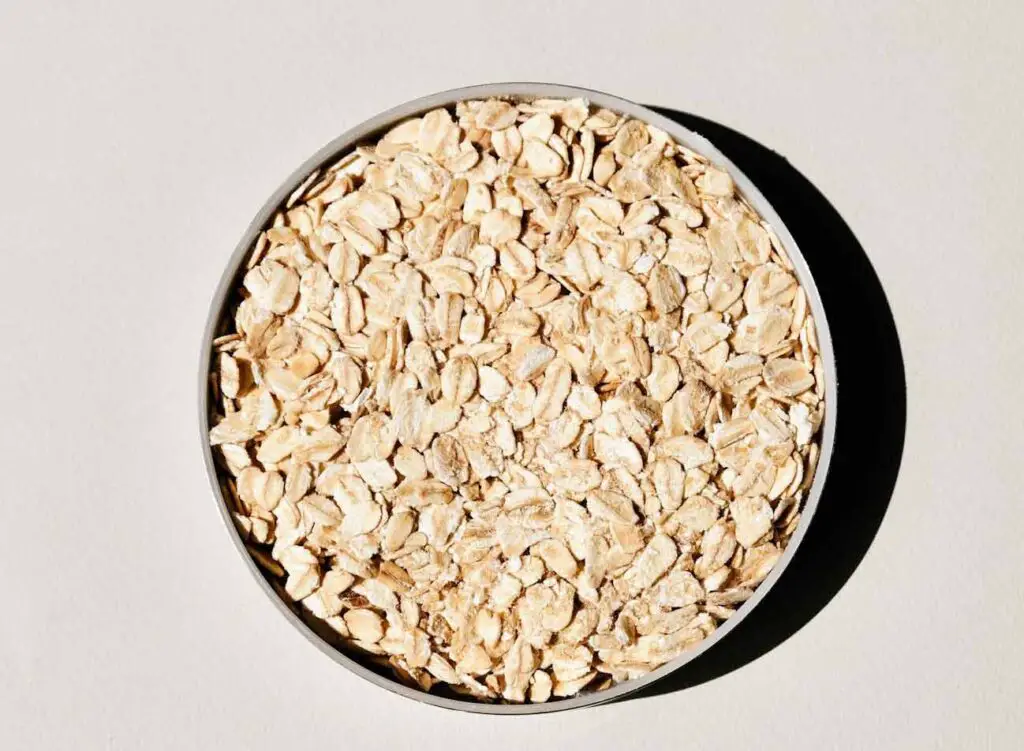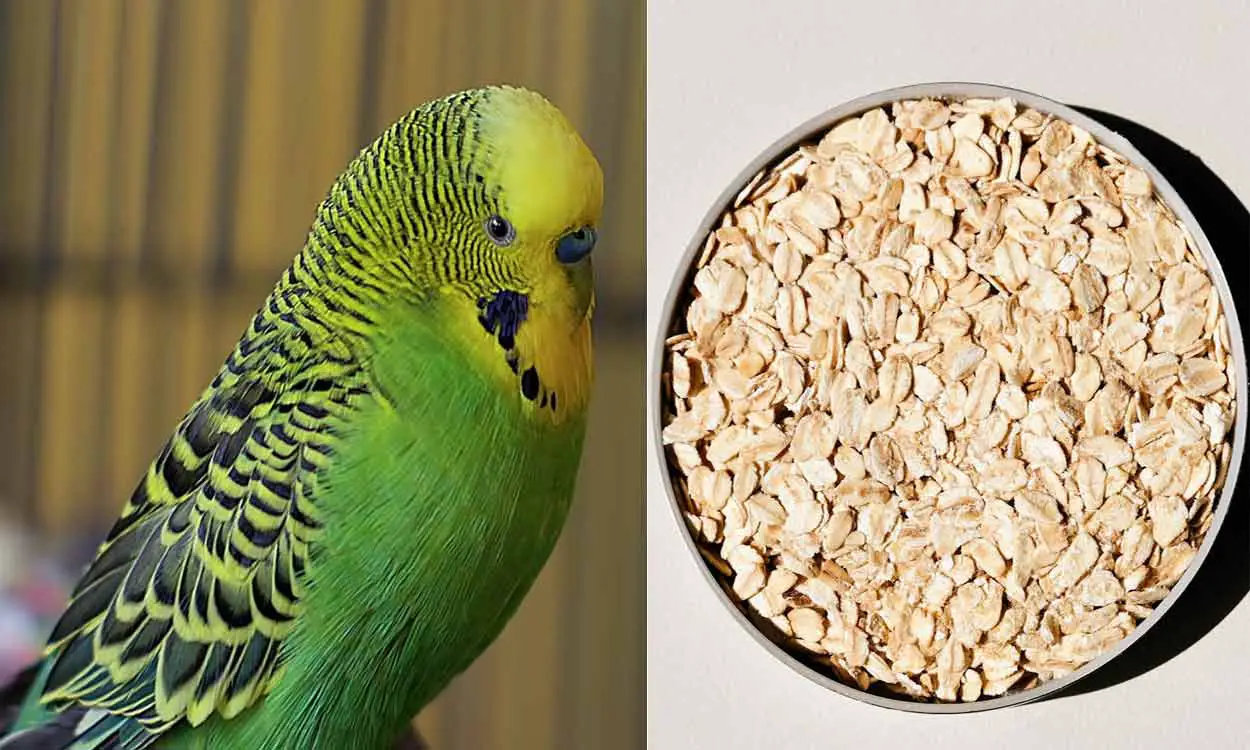Can Birds Eat Oatmeal? A Nutritional Guide for Our Avian Friends
The human-diet-to-bird-diet translation has been a topic of debate among bird enthusiasts for decades. We often wonder if the delicious, wholesome treats we enjoy are also safe and nutritious for our winged companions. Oatmeal, a staple of many breakfast tables, falls under this category of inquiry. The question of oatmeal’s suitability for birds is nuanced, involving considerations of safety, nutrition, and bird preferences.
Understanding the implications of incorporating oatmeal into our pet birds’ diets can offer valuable insights into their nutritional needs and how we can provide a varied and healthy diet. In this guide, we’ll explore the merits and potential downsides of feeding oatmeal to birds, helping you make an informed decision for your avian friend.
Related post-
Can Birds Eat Cornflakes? A Comprehensive Guide

Oatmeal’s Nutritional Profile
Before we discuss feeding oatmeal to birds, it’s crucial to understand the nutritional properties of this breakfast grain.
Oatmeal is a rich source of complex carbohydrates and contains significant amounts of fiber, particularly beta-glucan, which is known for its cholesterol-lowering effects and its ability to promote feelings of fullness. It also contains various micronutrients, such as phosphorus, magnesium, and zinc, along with trace amounts of several B vitamins.
For humans, oatmeal is often considered a nutritious and filling meal, especially when combined with fruits, nuts, and seeds. However, birds have different dietary requirements, and not all the components that make oatmeal good for us are necessarily beneficial for them.
Related post-Can Birds Eat Hamster Food?
Should Birds Have Oatmeal in Their Diet?
The answer is, yes, but with careful consideration. Oatmeal can be a safe and occasionally nutritious addition to certain bird diets, particularly for larger parrot species. That said, moderation and appropriate serving methods are key.
Birds such as macaws and cockatoos, which naturally consume a variety of grains and seeds in the wild, can benefit from the texture and nutritional content of cooked, unsweetened oatmeal. It can be a good source of energy, and the added moisture from cooking can be beneficial for hydration.
Serving Oatmeal to Birds
When offering oatmeal, it is crucial to do so in its simplest, unadulterated form. Here are some essential serving tips:
Plain and Unsweetened
Never give birds oatmeal that contains sugars, artificial sweeteners, dairy, or other additives. Opt for pure, unflavored oatmeal that has been minimally processed.
Cooked and Softened
Birds struggle with the hard, dry texture of raw oatmeal, which can lead to crop impaction. Always cook the oats to a soft texture, ensuring they are easy for your bird to digest.
Portions and Frequency
Oatmeal should be an occasional treat, not a staple. Offer small portions infrequently, perhaps as a weekend or special occasion breakfast.
Cool Before Serving
Always cool oatmeal to room temperature before offering it to your bird. Hot foods can injure the delicate tissues of their mouths and throats.
Potential Risks and Downsides
Despite the potential benefits, there are some risks associated with feeding oatmeal to birds.
Health Conditions
Birds with diabetes or other health issues that require a low-sugar diet should not eat oatmeal, as even unsweetened oatmeal contains natural sugars.
Malnutrition
Excessive feeding of oatmeal, like any single food, can lead to malnutrition. Birds require a diverse diet to meet their various nutritional needs.
Crop Impaction
If the oatmeal is not sufficiently softened, there is a risk of crop impaction, a serious condition where the crop becomes blocked and unable to pass food into the digestive system.
Pests and Bacteria
Similarly to all bird foods, oatmeal can attract pests and spoil if not stored and handled properly. It’s important to ensure the oatmeal is fresh and free from contamination.
Making Bird-Friendly Oatmeal
If your bird enjoys oatmeal, consider making it bird-friendly. You can do this by:
Adding Seeds and Nuts
Mixing in a small amount of bird-safe seeds and nuts adds variety and nutrition, replicating the natural diet of many bird species.
Incorporating Fruits and Veggies
Adding small amounts of grated vegetables or chopped fruits can enhance the flavor and nutritional content, but be mindful of the sugar content in fruits.
Consulting a Vet
Always consult with a veterinarian specializing in avian health before making significant changes to your bird’s diet.
Final Thoughts
While oatmeal can be a relatively safe and nutritious treat for certain bird species, it’s not essential to their diet. Birds are complex creatures with specific dietary needs, and it’s important to remember that treats should be just that – treats. A varied and balanced diet, including high-quality bird feed, fresh water, and the occasional treat, is the best way to ensure your feathered friend’s health and happiness. Remember, the ultimate goal is to provide your bird with a diet that closely mimics what they would eat in the wild. It’s always best to err on the side of caution and consult a professional when in doubt.
